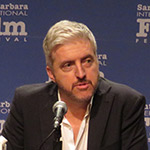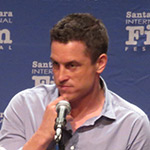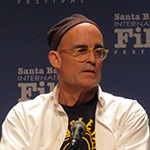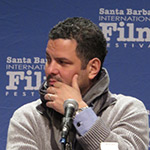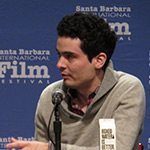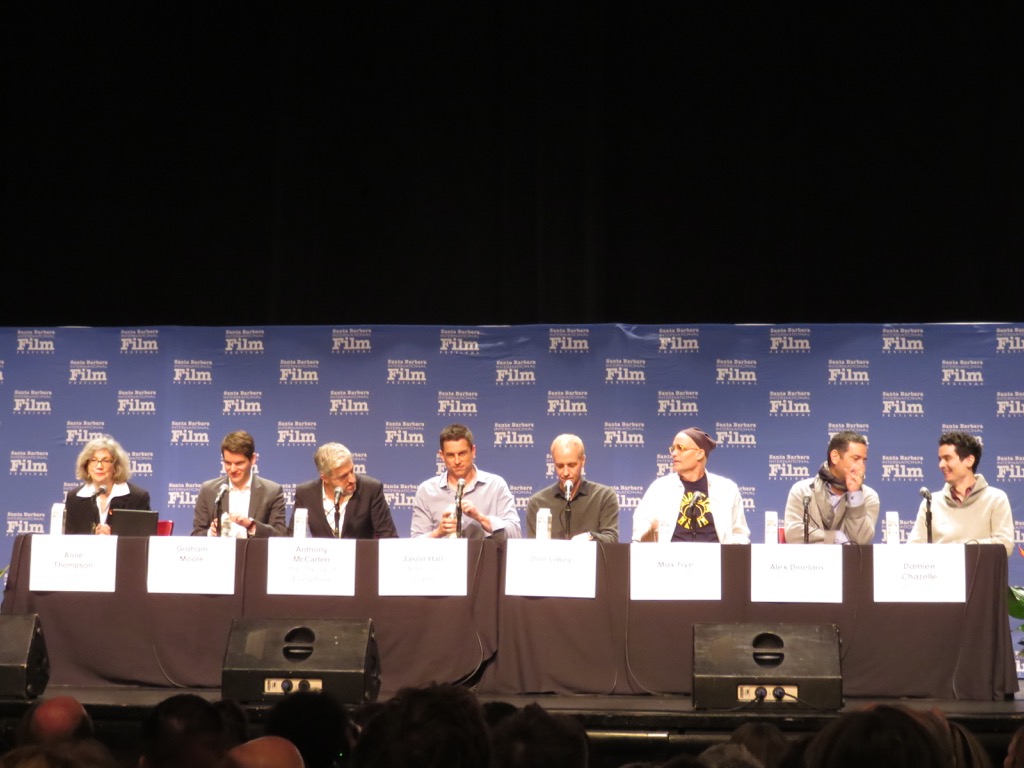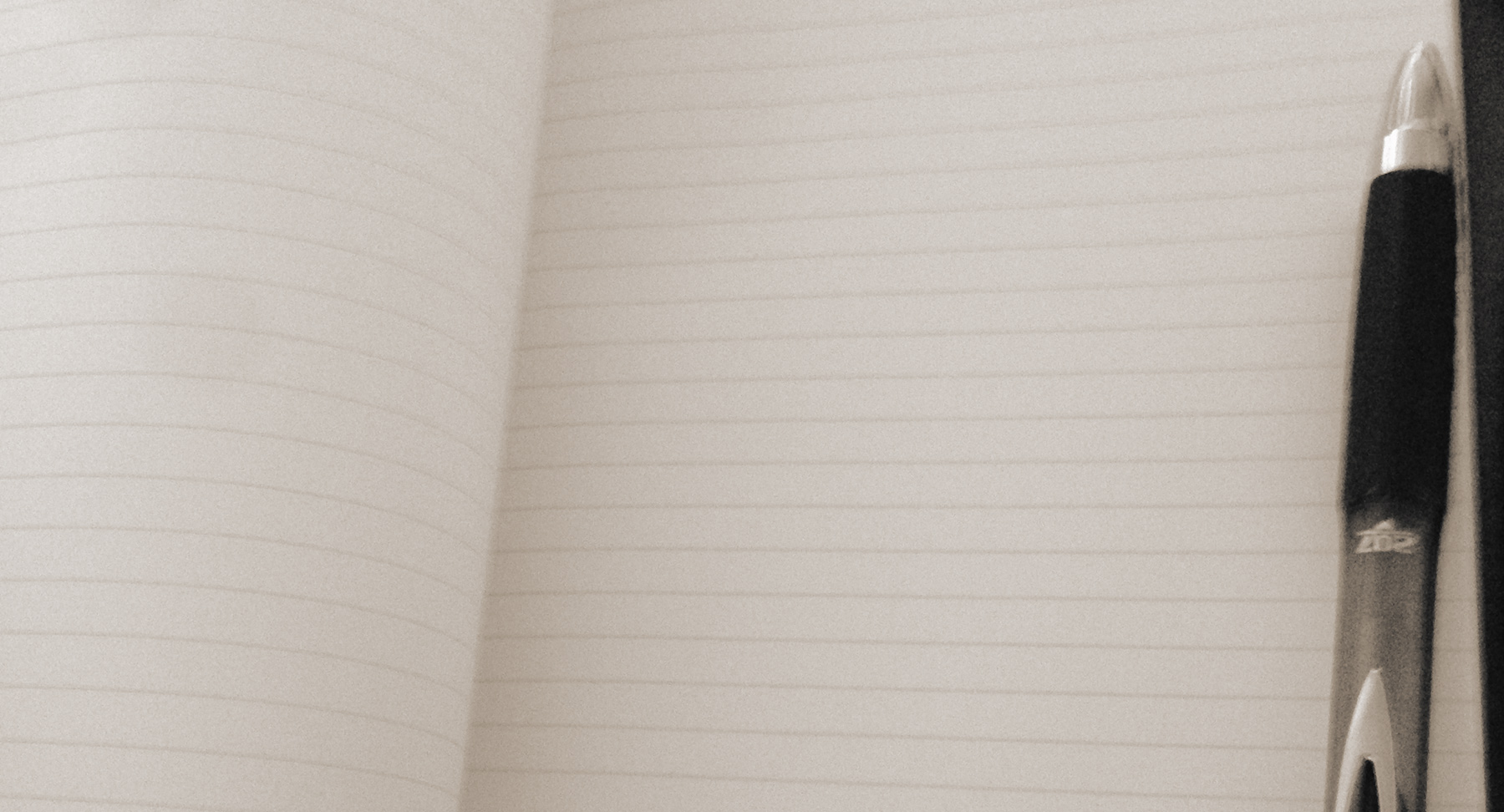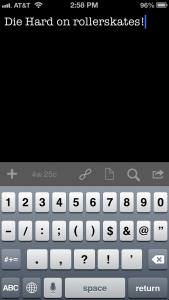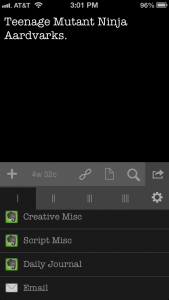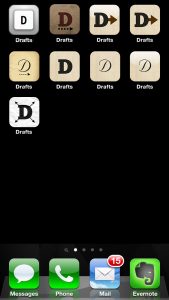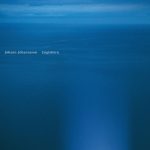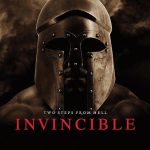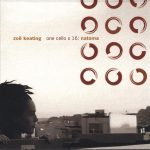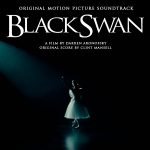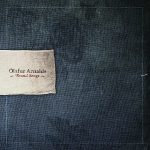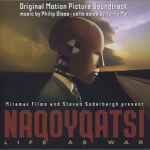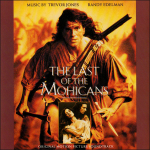I’ve written every day for the past year, without fail. Not as an arbitrary challenge or as a conversation piece at parties, but to become a better writer. To establish a habit that is so ingrained in my being, that to not do it would feel unnatural, wrong.
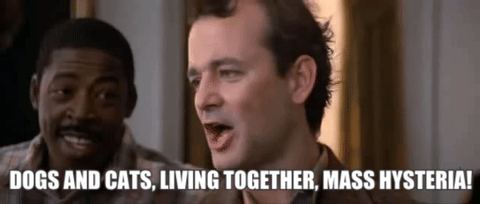
The Habit
The most important part of establishing a habit is repetition. It’s not a habit if you’re not consistent. If you only do it once a week, it’s going to take a lot longer to cement itself (if it ever does). It’s got to be a routine, like brushing your teeth, taking a shower, or yelling at your coffee machine to work faster.
I write first thing in the morning. I write at other times too, but this is the one I don’t miss (I even coach other people on it). I sacrifice 45-60 minutes of time I would have otherwise been sleeping to do this. So I have incentive to use my time well. I also try to make it easy on myself. When I walk into the living room in the morning, the computer is waiting for me, the tea kettle is full of water, and all I need to do is press a button and sit down to write. Preparing these small things the night before can make a big difference. Remove any small obstacles that might make you consider doing another task first. Don’t check your email. Don’t look at your snapchats. Don’t start your workday. Not yet. This comes first. (more…)

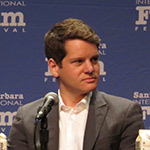 Graham Moore – Imitation Game
Graham Moore – Imitation Game